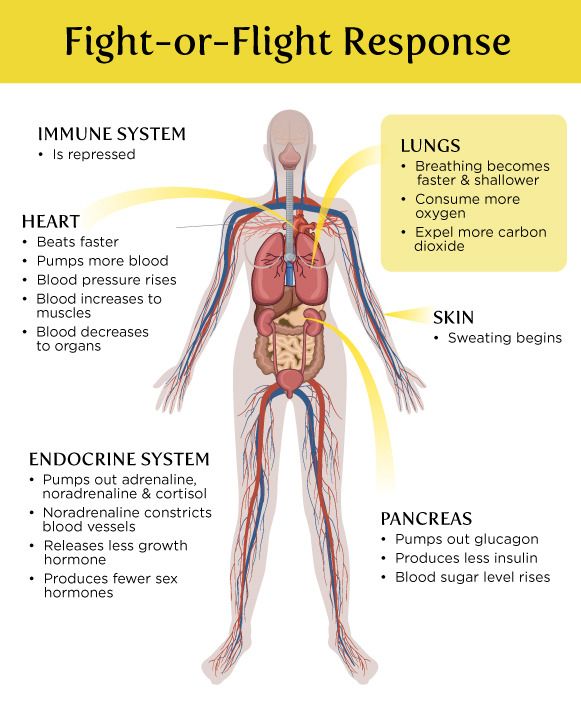The science of mind wandering
Last week, I watched a documentary on NHK World TV that focused on stress and how it is literally and figuratively "killing us". I couldn't stop thinking about it! The documentary highlighted several studies being performed around the world researching why some people are able to handle stressful situations and others have great difficulties overcoming challenges, even becoming depressed and despondent. It scientifically documented the effects of "Mind Wandering" and how it is blocking happiness in our lives. It made me think how much time I am spending away from the present moment, the only moment that is real and what's it's doing to my happiness quotient. I'm hoping that it will do the same to you!
First, let's start with the anatomy of the fight and flight response. From the days of the "caveman", mankind was gifted by the "fight or flight" response. It gave prehistoric man the ability to escape from predators through the stimulation of the adrenal glands which secretes adrenaline and cortisol. Those hormones, secreted in response to a threat like a big animal, caused the caveman's pulse to quicken, brain to focus and blood sugar to rise, giving him the strength and agility to flee the threat to his life.
Although we have evolved enormously since the days of caveman, our bodies still secrete adrenaline and cortisol in response to a "perceived" threat. However, the threats to our well being today don't usually require us to run, flee or to gain physical strength. In fact, most of our stress is created by a term called "wandering mind", a termed coined by a group of scientists that were studying the causes and the effects of stress.
The study showed that unlike other animals, human beings spend a lot of time thinking about what is not going on around them, contemplating events that happened in the past, might happen in the future, or will never happen at all. In fact the study show that “mind wandering” appears to be the human brain’s default mode of operation.
Put more simply, we all spend more time in this present moment thinking about past events or worrying about future ones than experiencing what is going on right in front or around us.
Furthermore, the study also found that even when we are thinking about positive or neutral past or future events, our brain senses these wandering thoughts as "stress" and subsequently releases the stress hormones, even though there is no "real" danger. The result of this constant release of stress hormones is a myriad of physical diseases, heart disease, diabetes and some believe even cancer. Mainly, mind wandering leads to unhappiness and an dis-ease state.
The study concluded that "a human mind is a wandering mind and a wandering mind is an unhappy mind. You and I however now have been enlightened by the studies' findings. We can now choose to find happiness in this present moment.
I now encourage you to enjoy, relish and focus on the present moment. It is where your true power resides and now according to many scientific studies, is where your true happiness lies. Don't miss the beauty, love, peace and the happiness happening right in front of you, right now. Namaste...love your life 'cause it is flying by!



